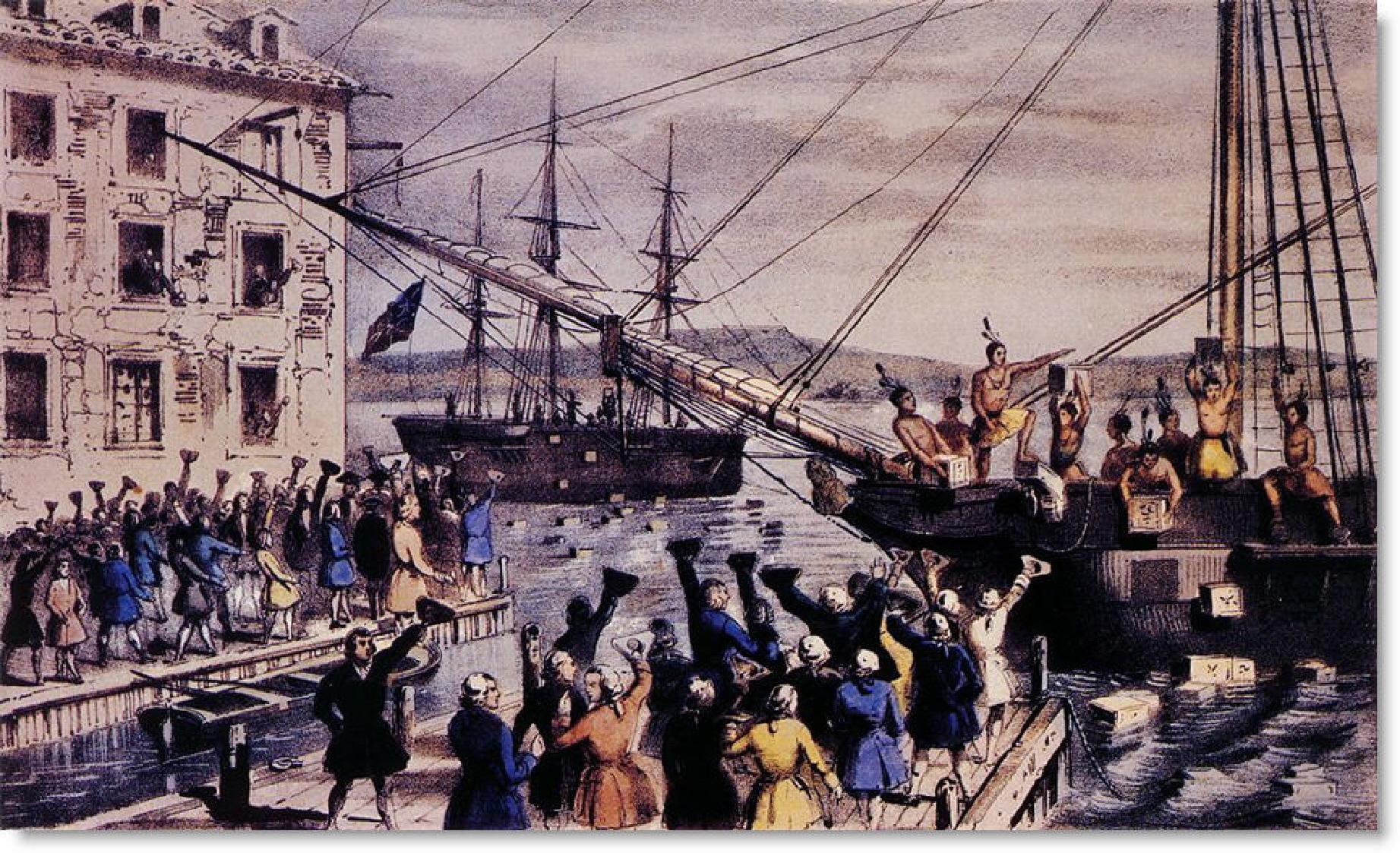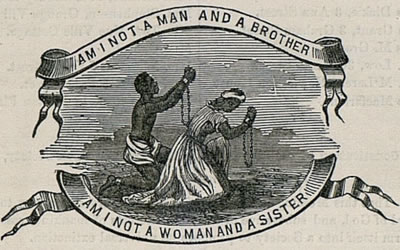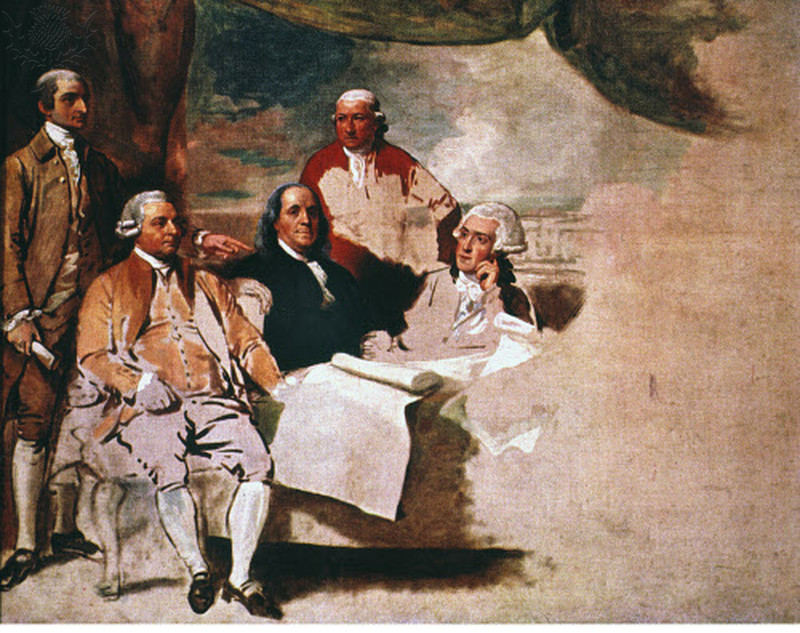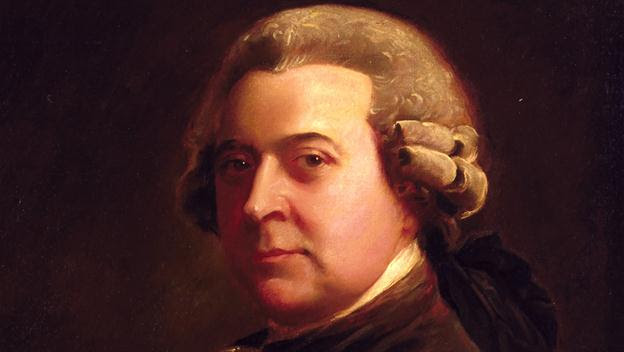Is There Any Sort of Silver Lining?
If there is a silver lining to our national debacle, I don’t see it. Do you? It is almost 1 a.m. here on the East coast and it appears that the Georgia Senate election is over. This from Andrea Widburg at American Thinker: . . . [T]he vote has been
Continue reading




